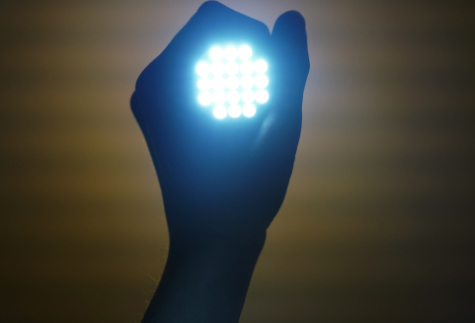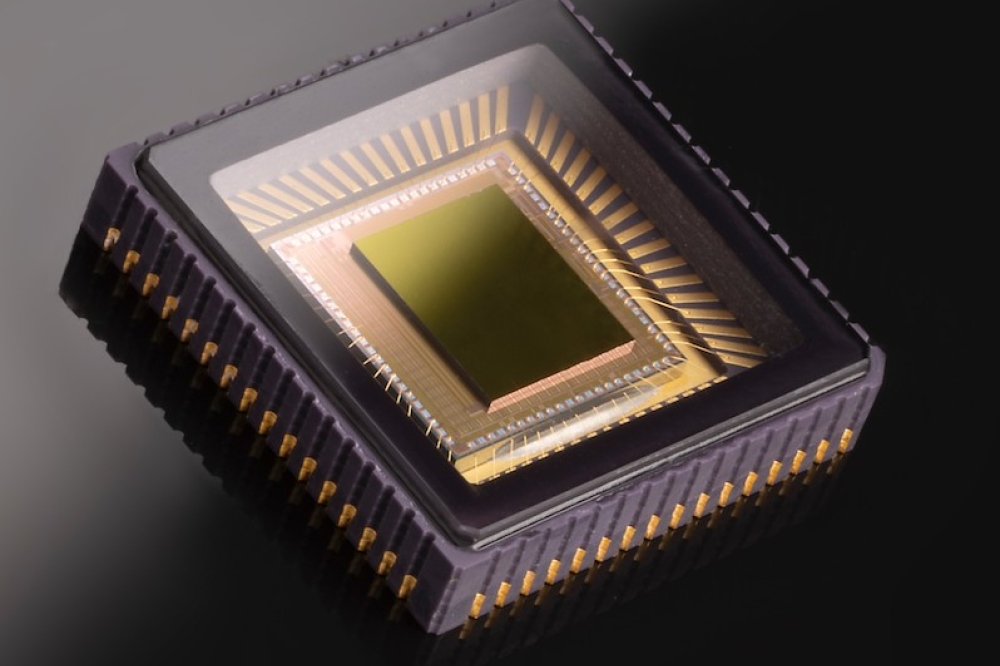Using graphene to replace ITO in OLEDs

Scientists from Paragraf and Queen Mary University make OLEDs with a monolayer graphene anode
Researchers from Queen Mary University of London and Paragraf, a spin-out from the University of Cambridge have demonstrated the successful fabrication of an Organic Light-Emitting Diode (OLED) with a monolayer graphene anode, replacing indium tin oxide (ITO).
The Innovate UK-funded research research was led by Ivor Guiney and Colin Humphreys, with Zhichao Weng as the Research Fellow. They reported their results in the research journal Advanced Optical Materials on the 20 December 2021.
By taking advantage of high-quality monolayer graphene directly deposited on a transparent substrate using a commercially available MOCVD system, the team developed graphene-based OLEDs without the use of metal catalysts or a graphene transfer process.
The as-grown graphene is patterned using photolithography and its conductivity is enhanced by doping with nitric acid prior to deposition of the OLED stack. The electrical and optical performances of the OLEDs are said to be identical to the control devices with conventional ITO anodes.
Indium is one of the nine rarest elements in the Earth’s crust. It is on the EU’s list of critical materials. However, indium is widely used, mostly in the form of ITO, a key part of the touch screens on our mobile phones and computers.
Humphreys of Queen Mary and Paragraf says: “Because of its importance and scarcity there have been many attempts to replace ITO, but no material has been found to have a comparable performance in an electronic or optical device until now. Our paper is the first paper in the world to demonstrate that graphene can replace ITO in an electronic/optical device. We have shown that a graphene-OLED has an identical performance to an ITO-OLED. ITO-OLEDs are widely used as the touch screens on our mobile phones.”
REF
'Wafer-Scale Graphene Anodes Replace Indium Tin Oxide in Organic Light-Emitting Diodes' by Zhichao Weng et al; Advanced Optical Materials, 20 December 2021


































